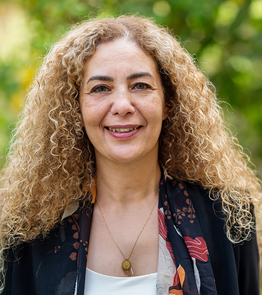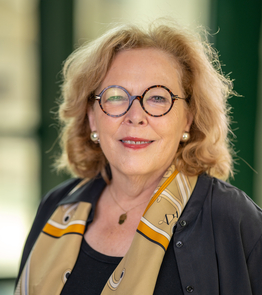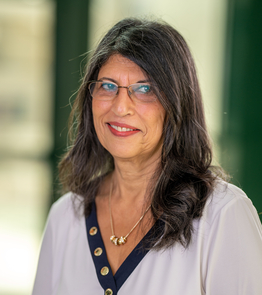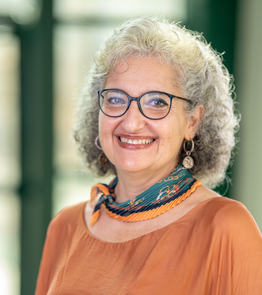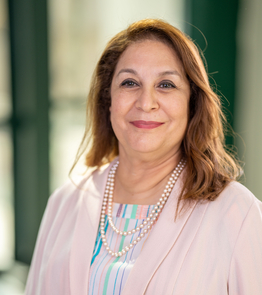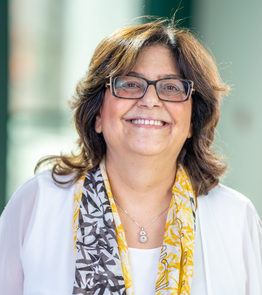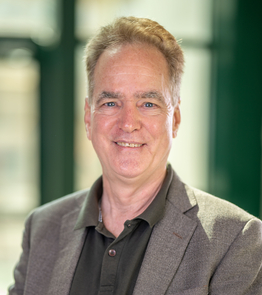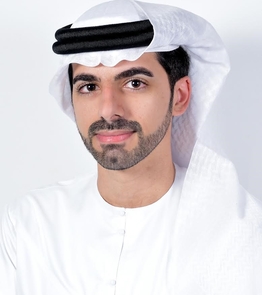Our council members bring a wealth of expertise and experience, serving as visionary leaders and catalysts for positive change in the realm of Arabic language education. With their guidance, we are poised to shape the future of Arabic education, ensuring that it not only meets the highest standards of excellence but also thrives on the global stage.
International Arabic Advisory Council
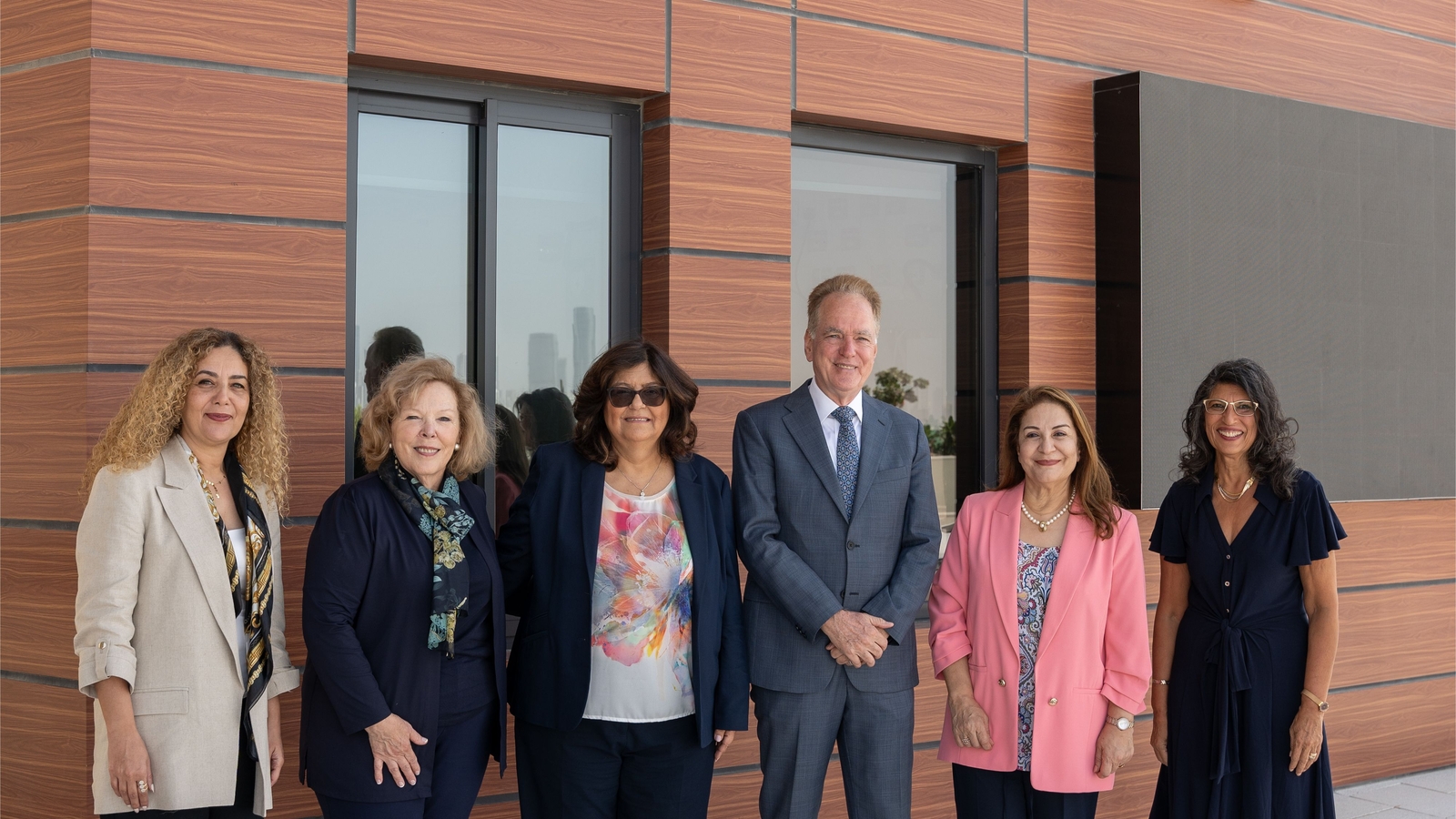
Or advisory council serves as visionary leaders and catalysts for positive change in the realm of Arabic language education.

